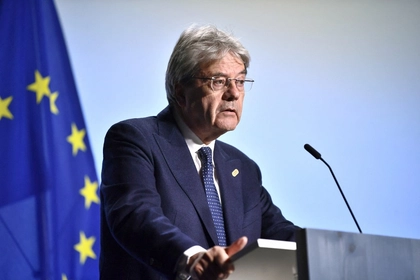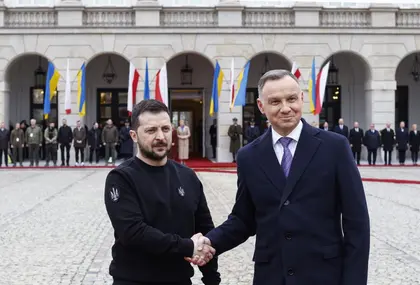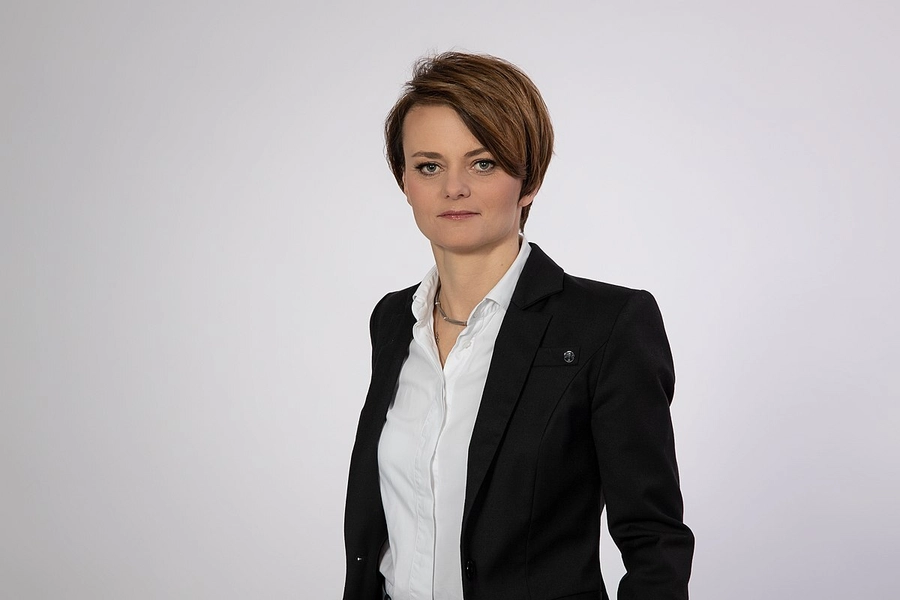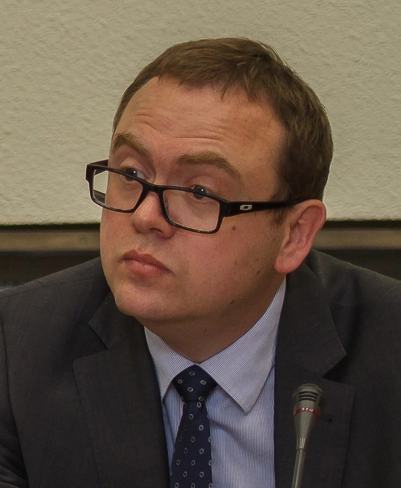Jadwiga Emilewicz, former Deputy Prime Minster of Poland in the Law and Justice (PiS) government, has reasserted her faith in Europe’s fight against Russia, but warns that infrastructure investment is crucial. Interviewed by CEE News Agency Visegrad24, Emilewicz was clear who would win the war (“No doubt, Ukraine”).
JOIN US ON TELEGRAM
Follow our coverage of the war on the @Kyivpost_official.
Her frustrations with sluggishness on the home front were echoed by Adam Eberhardt, the director of the Center for Strategic Studies and the Warsaw Enterprise Institute. “What was most difficult in those days was getting acceptance from the mainstream of the European Union. This is always a problem with the EU,” he told Visegrad24.
“The role of Poland during the first phase of the war was to break all these mental barriers in the heads of European policy makers who were afraid of Russia, who were afraid of bold, active policy to defend the freedom of Europe. While Germany was discussing whether to provide Ukraine with helmets, Poland was advocating sending weapons. While Germany was more and more okay with sending weapons, Poland was stating that Ukraine needs tanks – modern tanks. When Germany eventually accepted the tanks, we started to lobby for aircraft and missiles.”
Meanwhile, Emilewicz emphasized the importance of NATO’s involvement in the region. “It is no secret that Ukrainian soldiers [were] prepared for this conflict by NATO allies – mainly, of course, [by the] Americans.”

G7 Deal on $50 Billion Ukraine Loan Seen in October, Gentiloni Says
Having the longest western border with Ukraine, Poland provided over half of the logistical support and now faces an economic crisis of oversupply. Emilewicz also spoke of the importance of not delaying action.
You cannot have a ceasefire, you cannot have peace, with a predator that wants to kill you and is not interested in a deal
“We are facing a big struggle connected with Ukrainian grain,” she said. “This is a huge struggle for the Polish markets. We are not ready to absorb it. We need to create the capacity to deliver that grain to the destinations that ordered it. These are the investments which need to be made to support Ukraine, but they need to be made in Poland, Slovakia, Romania, and Bulgaria. What we need to do right now is invest in enlarging the capacity of border crossings with new lines, new connections and new rails.” Emphasizing the importance of not delaying until the end of the war, she stressed that “those investments can be made right now.”
“The conflict is almost over. The bankruptcy of Russia is visible,” she said, but “we need momentum to push [Russia] to sit around the table and discuss a peace treaty.”
Eberhardt agreed: “If we allow Russia time, they could get ready to strike again,” he said, citing Russia’s second push into Chechnya as a precedent. “You cannot have a ceasefire, you cannot have peace, with a predator that wants to kill you and is not interested in a deal… It is their goal to destroy Ukraine, but it is also their goal to neutralize Central Europe and keep America and NATO out of Central Europe.”
Emilewicz did however highlight one very positive and tangible triumph of Polish policy to Ukraine. Responding to Visegrad24’s question about how the war has changed the face of Poland, she said: “We used to be unified in terms of nationality before the war, whereas today we have 2 million new people, and we estimate that 1 percent [of the Polish population] is the minority from Ukraine. But do we observe anything different? No! A survey was done last year among the Polish labor forces. They were asked about their Ukrainian colleagues and said that they are very work-oriented, qualified and skilled people, devoted to what they are doing. And they should be given the same rights as we are [given]. So I would say that they are engaging our culture and making possible a deeper and higher development.”
Eberhardt was also positive about the refugees on Poland’s behalf: “We should also remember that this is something that is beneficial to us because it creates social links between our two nations. Poland is in a demographic crisis, and we need people who can work,” he said, and posited that the migration is more “a challenge from the point of view of Ukraine, not from the point of view of host countries like Poland and Germany.”
You can also highlight the text and press Ctrl + Enter








